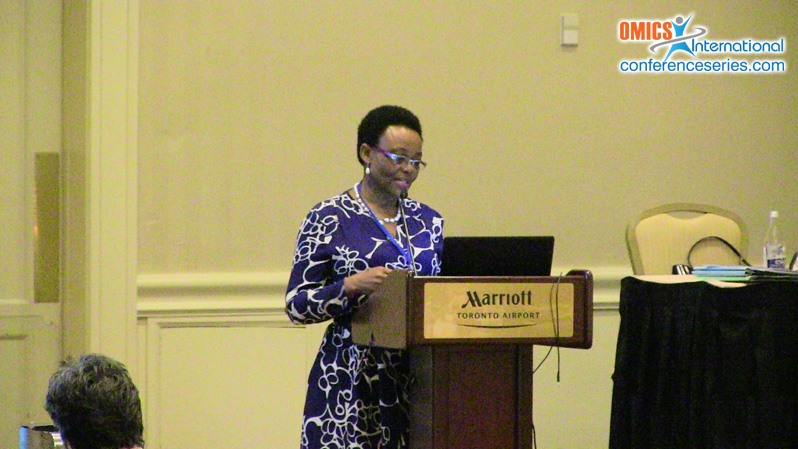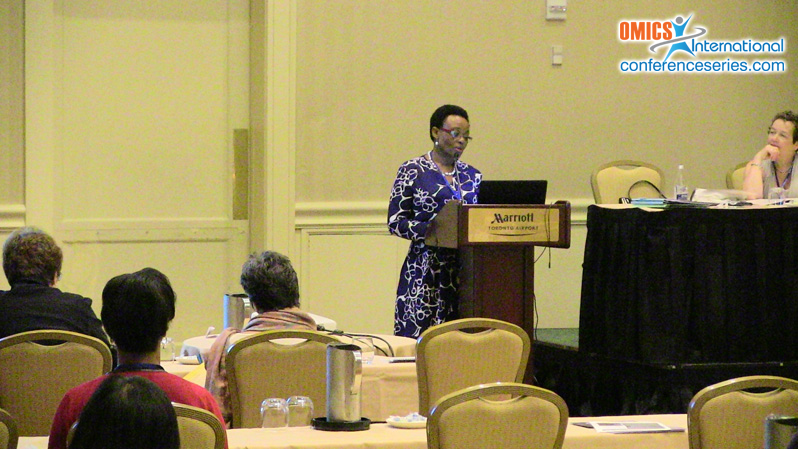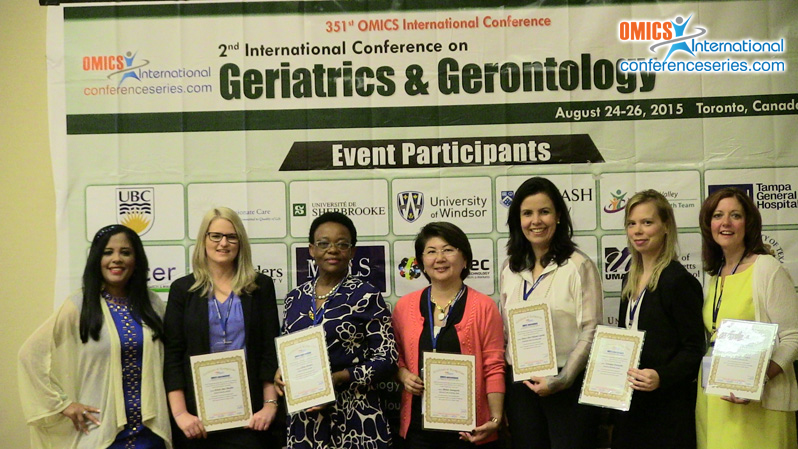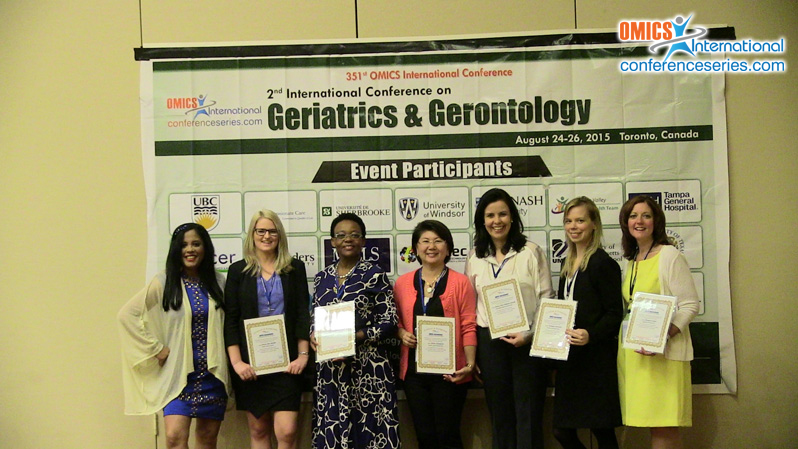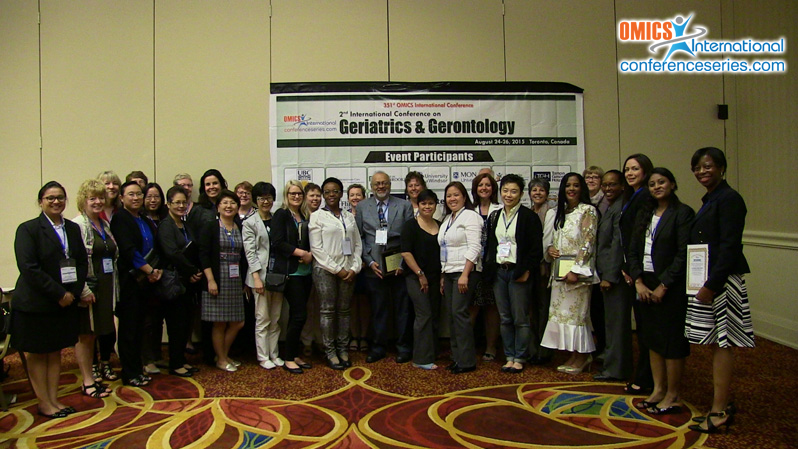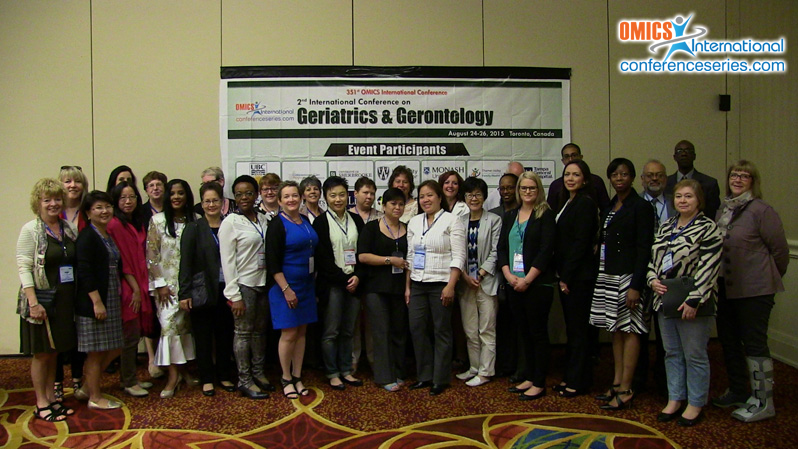
Lillian Mwanri
Flinders University, Australia
Title: Ageing in a foreign environment for new migrants: The case of newly arrived African migrants in South Australia
Biography
Biography: Lillian Mwanri
Abstract
Over the past few years, a large number of Africa migrants have settled in Australia. The majority of this population has been re-settled under the humanitarian program. Usually, resettlement occurs after many years of living in refugee camps, in different countries away from the country of origin. As a result of this surge in migration of Africans, ageing and frailty are gradually becoming a public health issue for Africans living in Australia. It is well understood that people from developing countries who migrate to developed countries originate from an environment where family members care for them during the old age. At the same time information about experiences of ageing and frailty of Africans in Australia is generally limited. Despite the wide variety of origins, most studies of ageing have mainly focused on experiences of old migrant populations e.g. Greeks and Italians and the mainstream Australian population. Information and discussions on new and emerging communities including the Africans is limited, yet their number and the proportion are increasingly becoming a significant part of the Australian population. The main aim of this paper is to provide some insight into the socio-cultural experiences of ageing for African migrants in South Australia and the challenges and opportunities faced by the ageing African migrants in interacting with the Australian health services. The paper provides some insights as to how some African communities relate with the provision of health care especially ageing care and calls for more research to understand the ageing challenges of the community. It also provides some points for discussion to enhance the capacity of current health services to provide more culturally competent services. The paper contributes to the knowledge of the provision of culturally competent care to African patients and their families by enabling the learning of health services and health service providers to improve the competence of ageing care services for newly arrived migrants in Australia.

